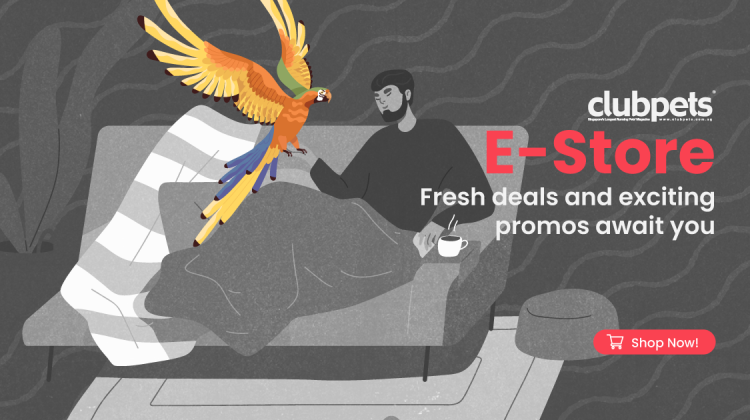Are You Guilty of Making Your Pet a Picky Eater?
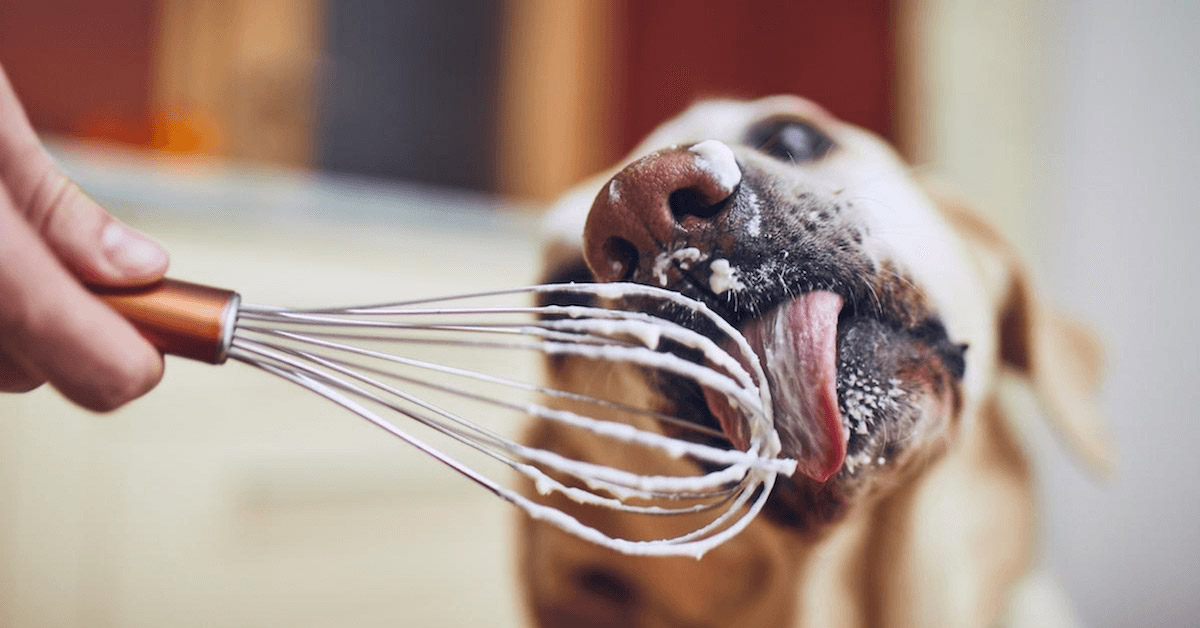
Note: This article was written for and originally posted on Silversky.
One of the ways to a pet’s heart is through its stomach, but is your cat or dog becoming increasingly picky with what goes into its mouth? If your once-gluttonous friend is getting finicky with food but the vet has ruled out health issues, it’s probably time to reassess how and what you’ve been feeding your pet — for all you know, you might have been unknowingly conditioning it to become picky.
To find out if you’ve been contributing to your pet’s case of picky eating, read on for potential causes and tips on how to encourage good eating habits!
*Note: If your pet is uncharacteristically disinterested in its food, do bring it to the vet for a check-up immediately before trying these tips. Your pet may be experiencing dental problems or other medical issues that could range from an infection to liver failure.
Human-related causes of picky eating in pets
Unregulated treat feeding
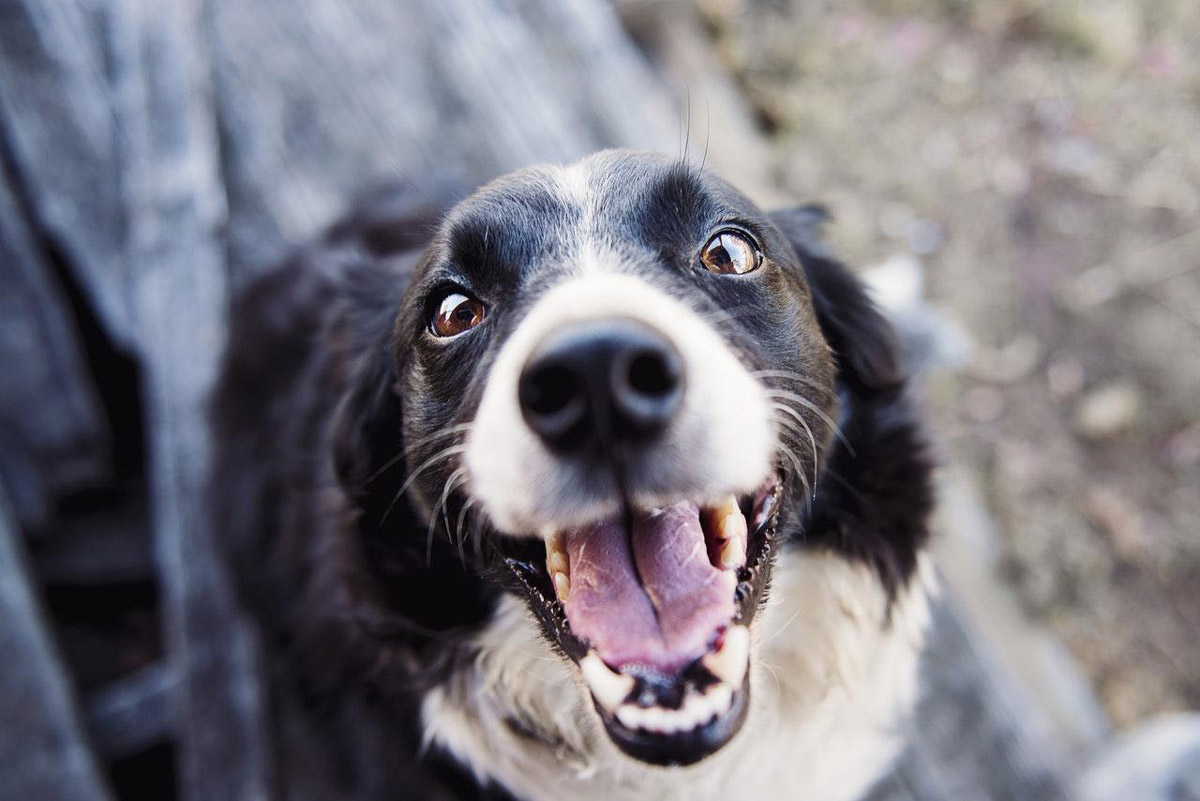
Source: Pexels
Whether it’s pet treats or tiny morsels from your dinner plate, your pet will almost always prefer these heavenly-tasting grubs over its usual meals. This is because most commercial treats from pet stores are meant to be more rewarding than nutritional, which means that it’s often tastier than usual with higher sugar and fat content.
Similarly, food meant for human consumption also tends to be higher in sugar and salt content to cater to our taste buds, which makes them extra mouth-smackingly delicious for our four-legged friends.
While an occasional treat or two to facilitate training sessions is acceptable, giving your cat or dog too many treats too often may give it the wrong impression that it can afford to reject its meals because there will be plenty of treats available later on for it to fill its stomach with. This can lead to increasingly picky eating habits over time, so keep handouts to a minimum to encourage them to finish their meals!
Boredom
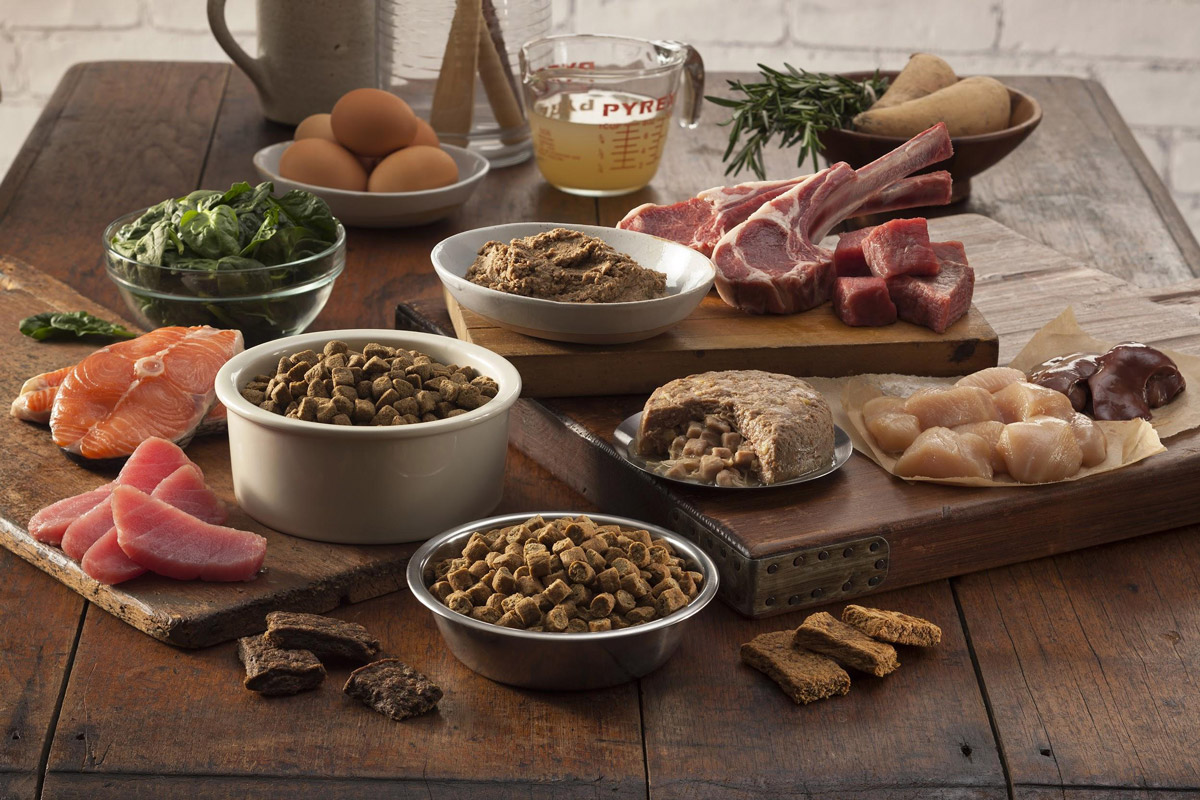
Source: WellPet LLC
Just like us humans, cats and dogs will crave variety after a while. If you’ve been feeding your pet the same thing for an extended period of time and it is now thoroughly disinterested in it, consider spicing up your pet’s meals by mixing in a tablespoon or two of canned food (if it’s been eating kibbles), or add low-sodium chicken broth to give it some added aroma to entice your pet once more.
If you often prepare home-cooked meals for your pet, you may also swap an ingredient with a new one, or add healthy snacks to your pet’s food as meal toppers, including boiled carrots, blueberries, apples, and more.
Do take note to slowly introduce the new food to your pet though! This is because if your pet’s digestive system is too used to the previous diet, switching foods too quickly may cause vomiting, diarrhoea, and excess gas. As a general rule of thumb, begin switching foods by serving a ratio of 25% new food and 75% old food.
Alternatively, giving your pet a moderate workout before mealtime can also help increase its appetite! Try scheduling a short walk or some play time before its meals.
Unwitting reinforcement of picky behaviour
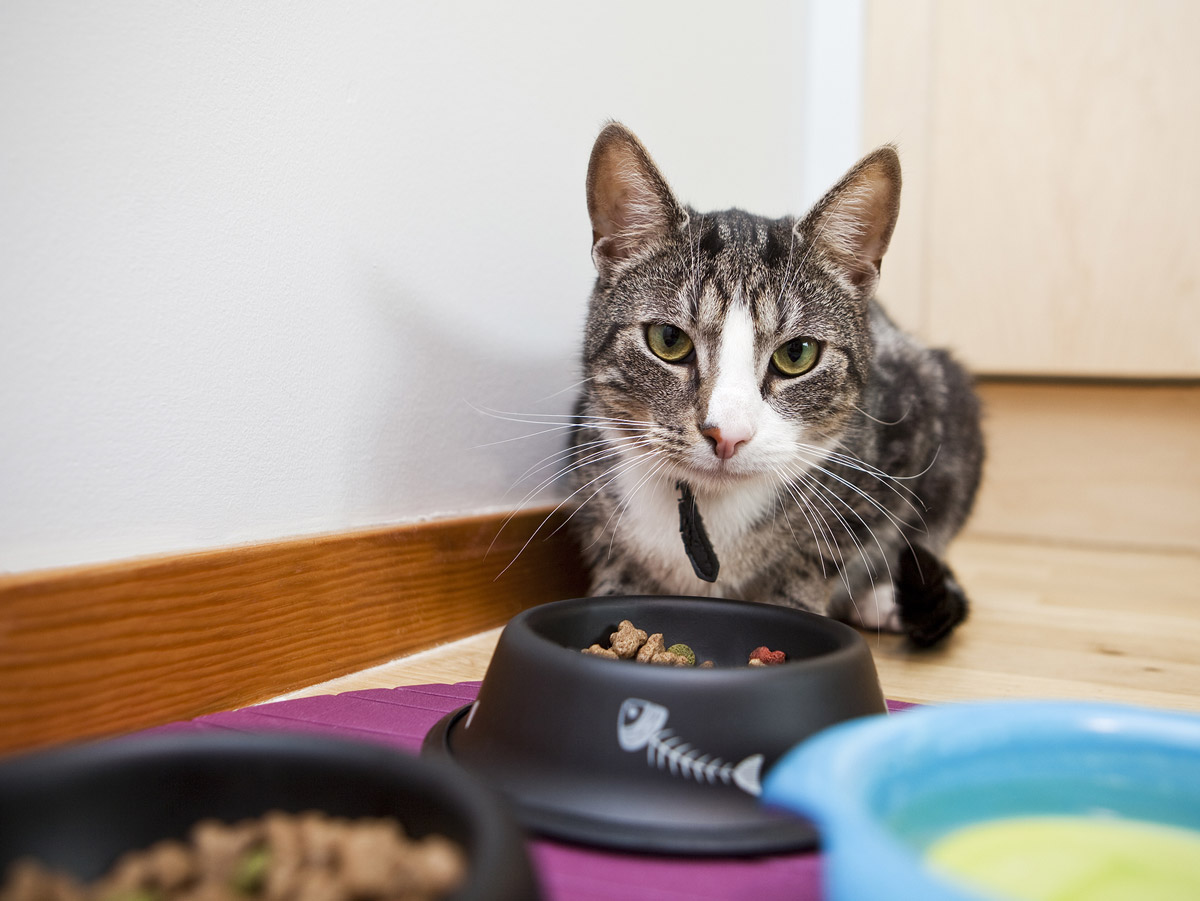
On the same note of boredom in pets, your cat or dog might not actually be bored with the taste of the food per se, but bored in general and is simply vying for your attention. Your behaviour cues during its mealtimes might be unknowingly encouraging picky behaviour, and this includes giving your pet attention when it doesn’t eat its food, or simply allowing your pet to eat however much it wants, whenever it wants.
For the latter, leaving your pet’s leftover food out in the open for it to finish up later not only reinforces unhealthy eating habits, but also causes your pet’s food to grow stale and attract bacteria and pests.
Instead, make a conscious effort to shower your pet with attention only after it finishes its food, and take away its food after a short period of time if your pet refuses to eat. This will teach your pet that food is only available at certain regular times, which will encourage it to eat up during mealtimes in the future.
Unsuitable feeding area
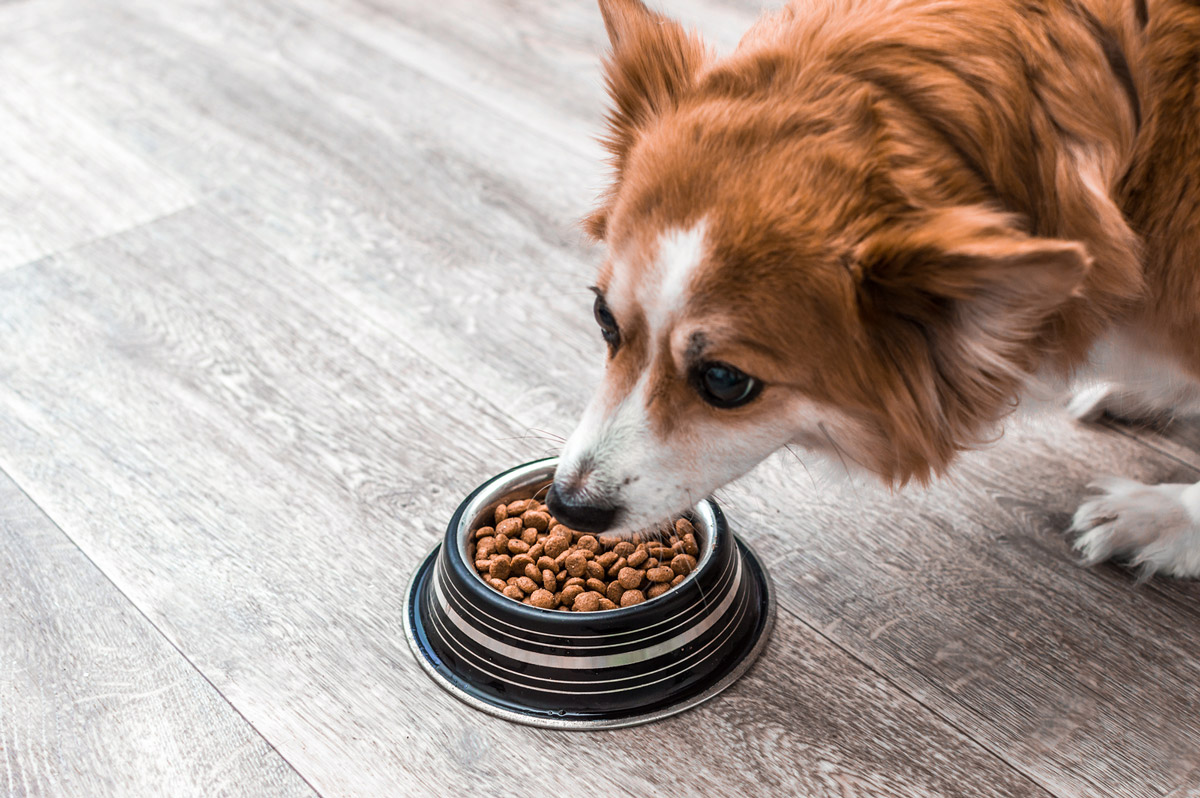
Dogs may be pack animals that enjoy the company of their loved ones, but this doesn’t mean that every dog would appreciate having their food bowl right smack in the middle of a bustling room, much less cats.
The loud noises and constant flurry of movements may cause some dogs and most cats to instinctively become anxious and lose appetite since they are at their most vulnerable when eating, so if you think that this might be one of the reasons why your pet is being picky with its food, consider moving its food bowl to a quiet corner where it can savour its meal in peace and quiet without interruption.
Stress
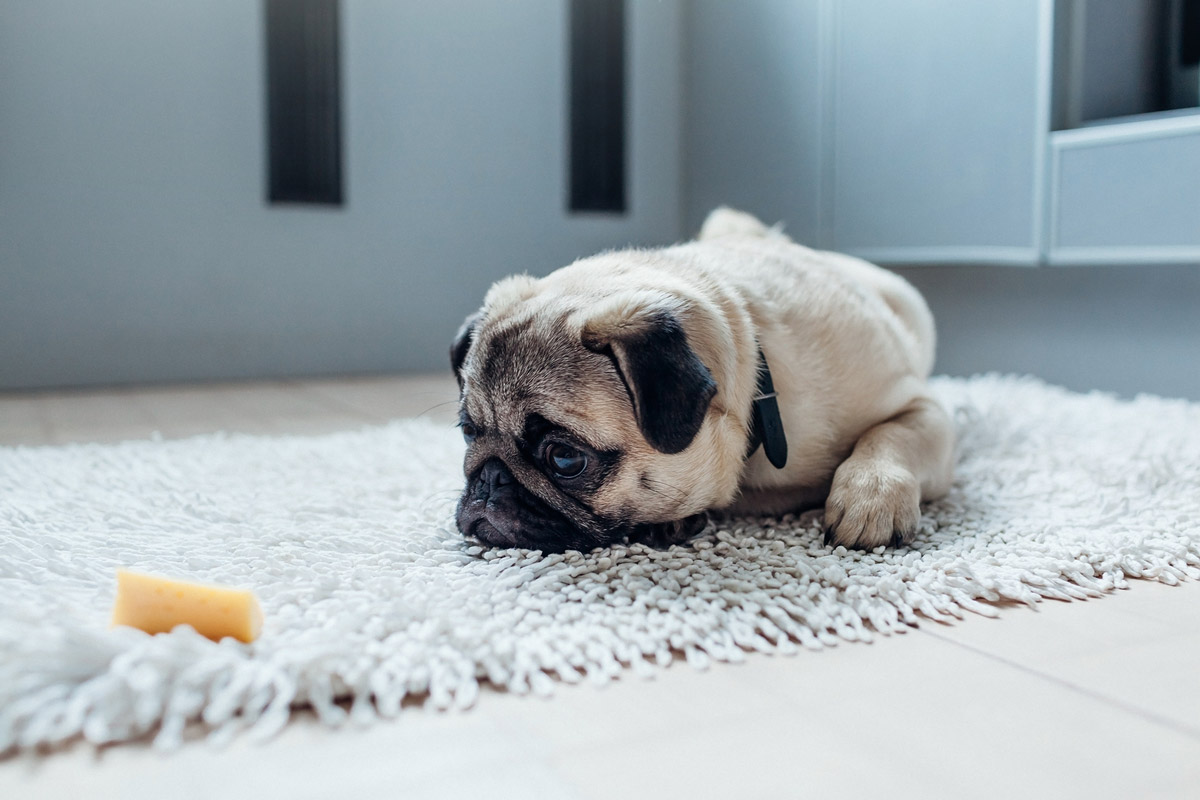
Perhaps you’ve recently moved house, bought new furniture, or added a new family — or fur-mily — member to the household. Don’t expect your pet to be able to take these changes in stride without any stress!
This is because these are changes to your pet’s home environment, which is a source of safety and comfort for it. By introducing foreign elements to its home, your pet may feel stressed, confused, and insecure, which can lead to a loss of appetite and a higher chance of being picky with its food until they feel at ease once again.
To help your precious fur-buddy cope with the stress of shifting to a new home, make sure to give your pet time to explore the new house before moving in and add your pet’s favourite toy or blanket to the new room that it will be sleeping in.
To introduce a new furniture or family member in the least stressful way possible, let your pet sniff the new addition on neutral ground before introducing it into your home and make sure to spend plenty of time with your pet and the new addition until it gets comfortable with it.
Other causes of picky eating
Age
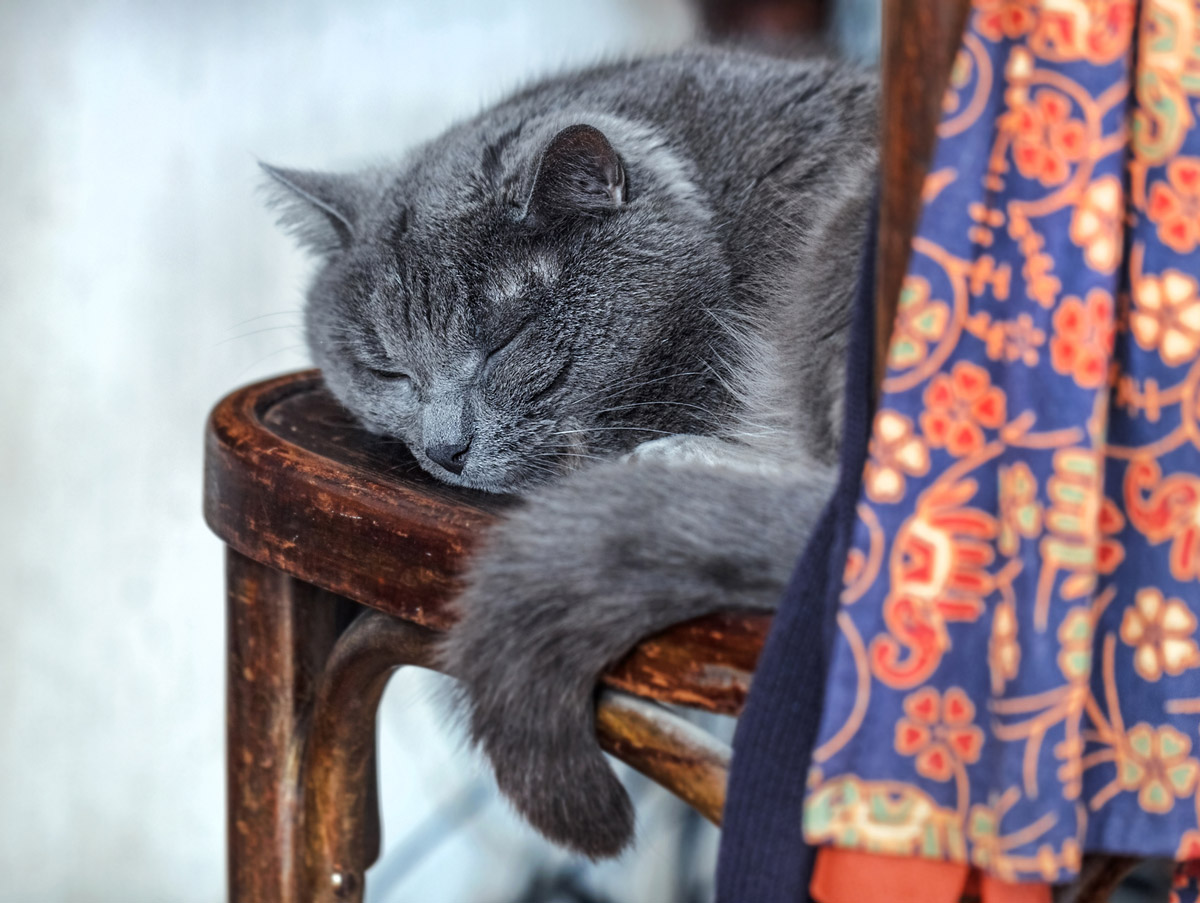
By age 6 (for large breeds) to age 10 (for small breeds), a dog is considered an elderly dog while a cat is considered an elderly cat by age 7 – 10. They may begin to exhibit behavioural changes related to ageing.
Firstly, your pet might have mellowed and is no longer as excited or interested in mealtimes. Secondly, because seniors are less active, they also require less energy and fuel, which in turn means that they will naturally eat less. Lastly, due to wear and tear of its teeth and gums, your senior cat or dog may begin to reject dry and hard food that it once used to love.
All these are part of the natural process of ageing, so just make sure to adjust your pet’s meals according to its dietary needs — introduce softer food specially formulated for senior pets, and provide measured-out portions according to its weight and age.
Tips to encourage a picky pet to eat
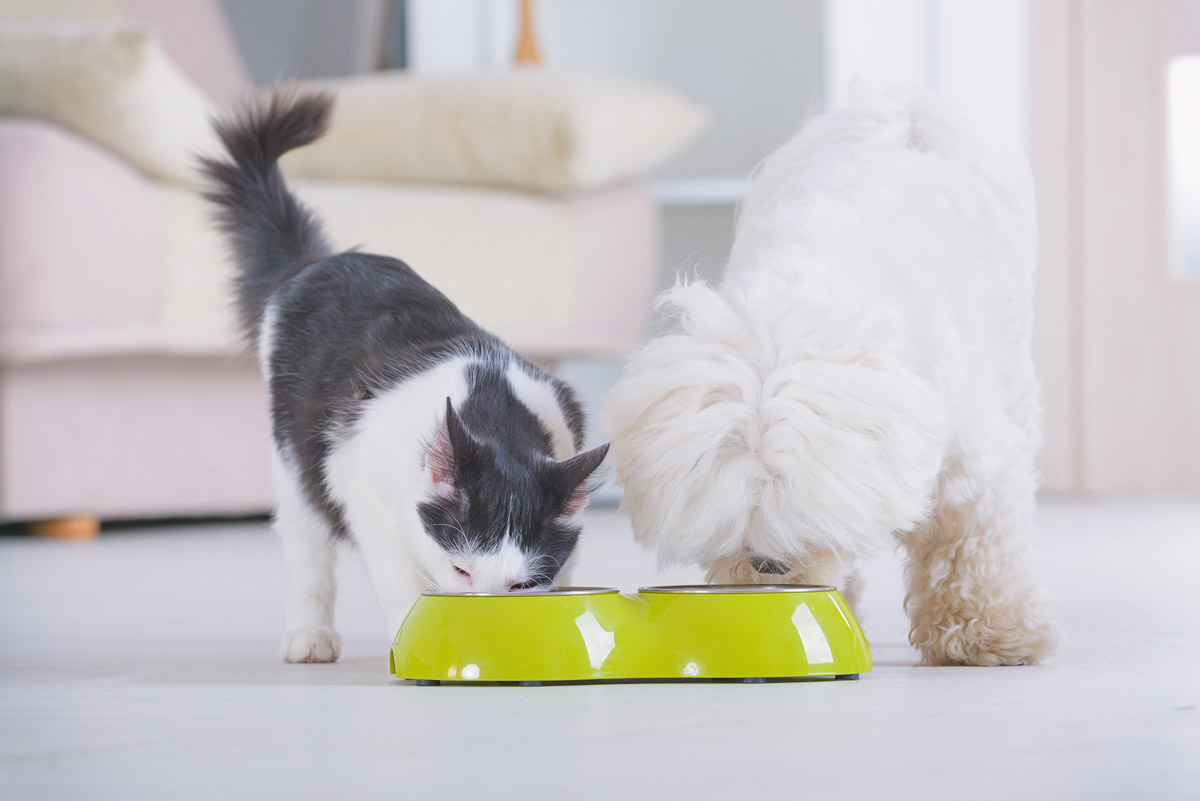
Now that you’ve understood why your pet might be a picky eater, the first thing you can do to re-instil healthy eating habits in it is to:
- Eliminate the intake of treats and table scraps if you’ve been feeding it way too many treats
- Spice up the variety of your pet’s food if you’ve been feeding it the same thing for too long. Wellness CORE® and CORE® RawRev™ provide the nutrition they need to thrive and the taste dogs crave in a wide variety of recipes.
- Shift its food bowl to a quieter area of the house if it was originally in a place exposed to plenty of activity
- Get your pet acquainted with the new house/furniture/family member if you did not previously do so
- Adjust your pet’s food according to its age and dietary needs.
Alas! If you’ve tried the above and it’s still not enough to tempt your pet to lick its food bowl clean, here are some tips to encourage your pet further:
- Establish an engaging mealtime routine eg. Make your pet perform a trick before eating to make its meals seem more like a reward
- Keep the food away when your pet walks away from the bowl so that it will understand that mealtimes are the only times when it has access to food
- Make sure mealtimes are consistent so that your pet gets into the habit of eating at those timings
- Use a food-dispensing puzzle toy to stimulate your pet’s mind while filling their stomachs.
When pickiness becomes a problem
Health-wise, pickiness is actually not that big of a concern if your pet is only finicky at times — your pet might simply have a more refined palate and only enjoys certain flavours and textures, or is just not food-motivated.
However, keep a close eye on your furry friend’s weight and make sure to consult a vet in Singapore on the necessary supplements that might be needed to ensure that your cat or dog is getting all the essential nutrients it needs. So long as your pet’s weight is consistently in the healthy range and its ribs and spines don’t show, your pet is healthy!

